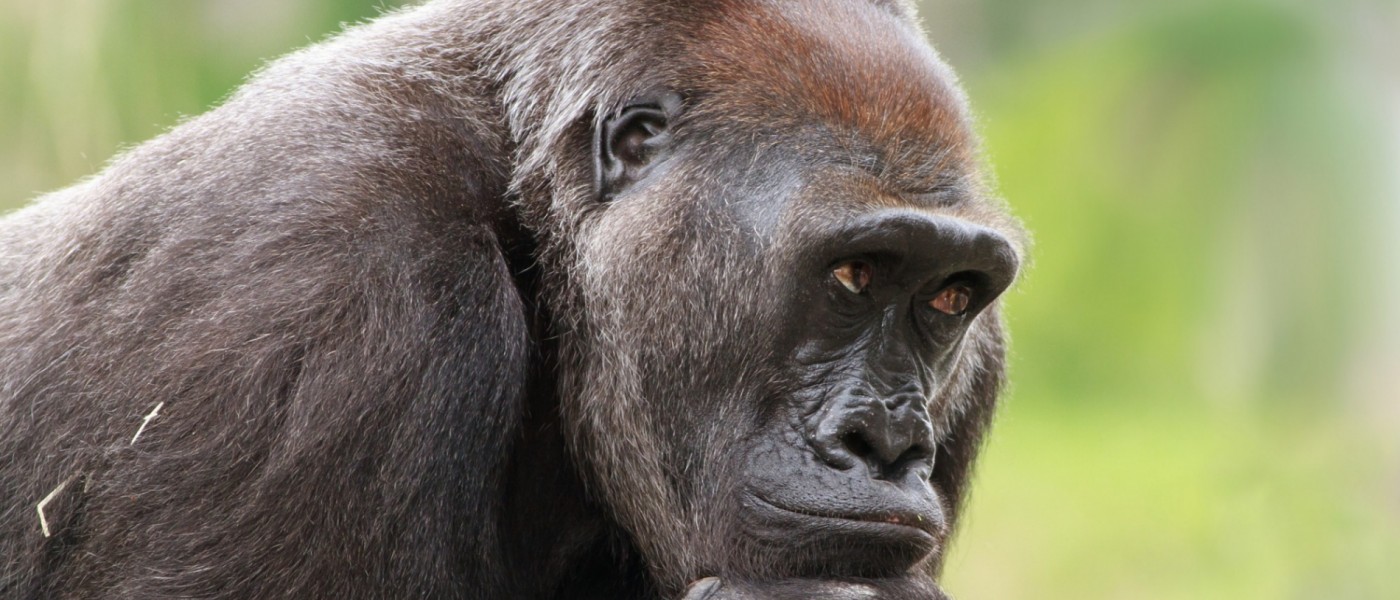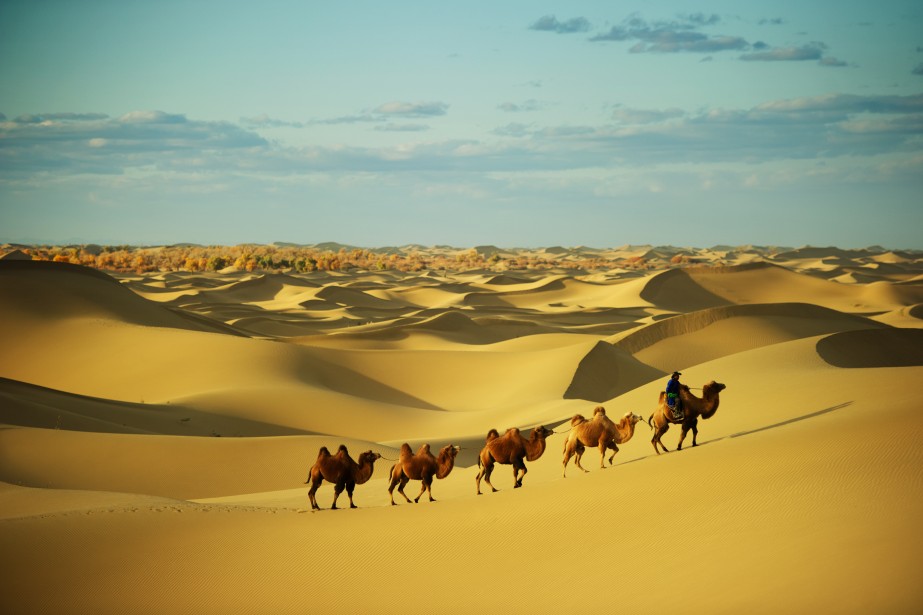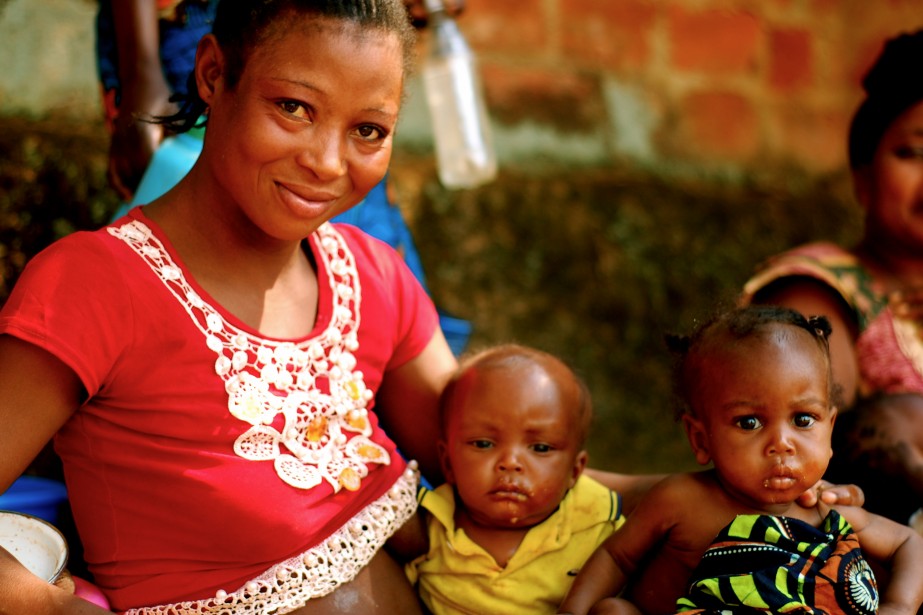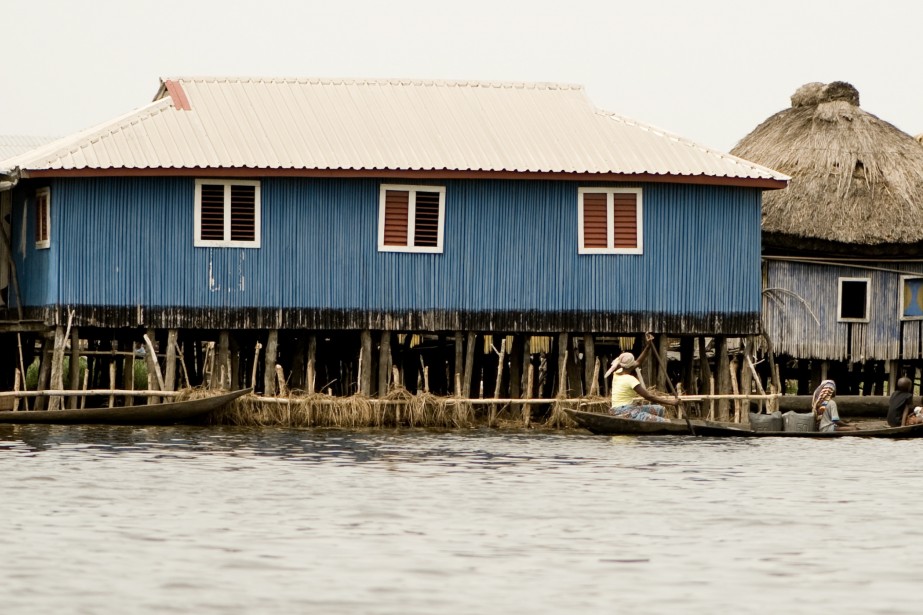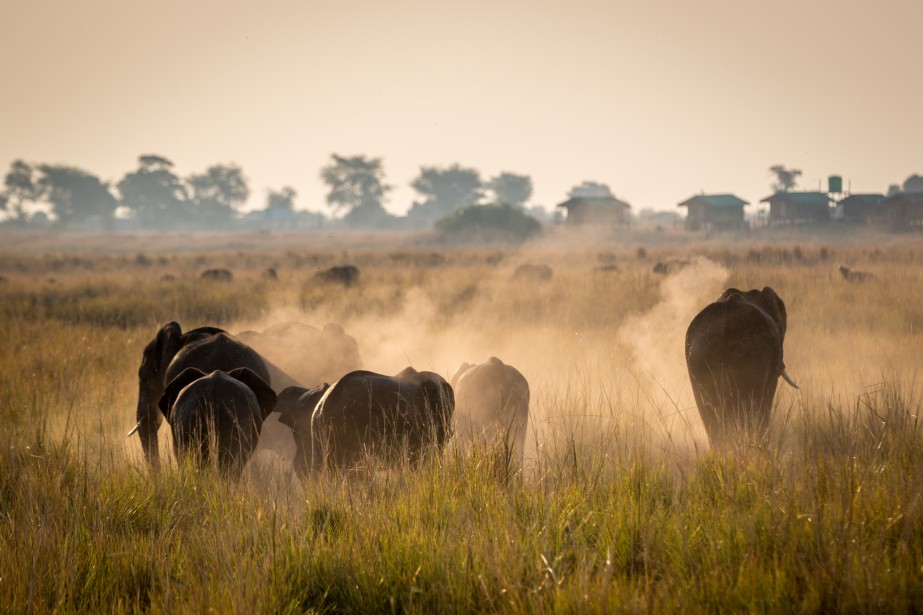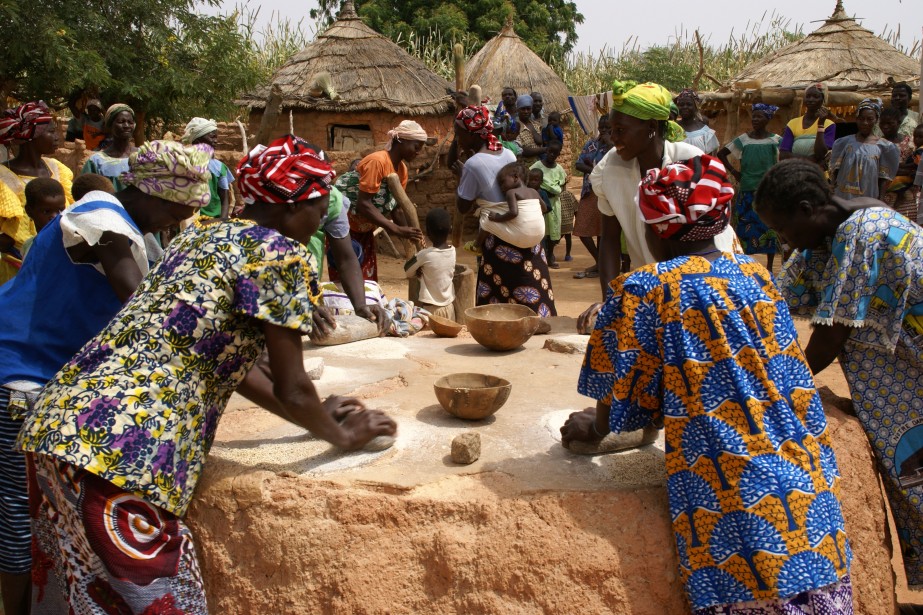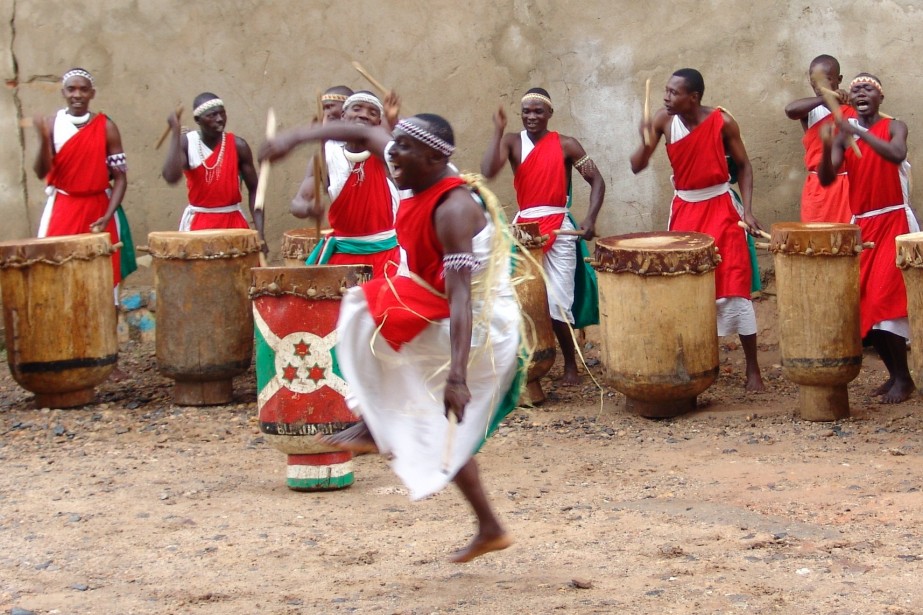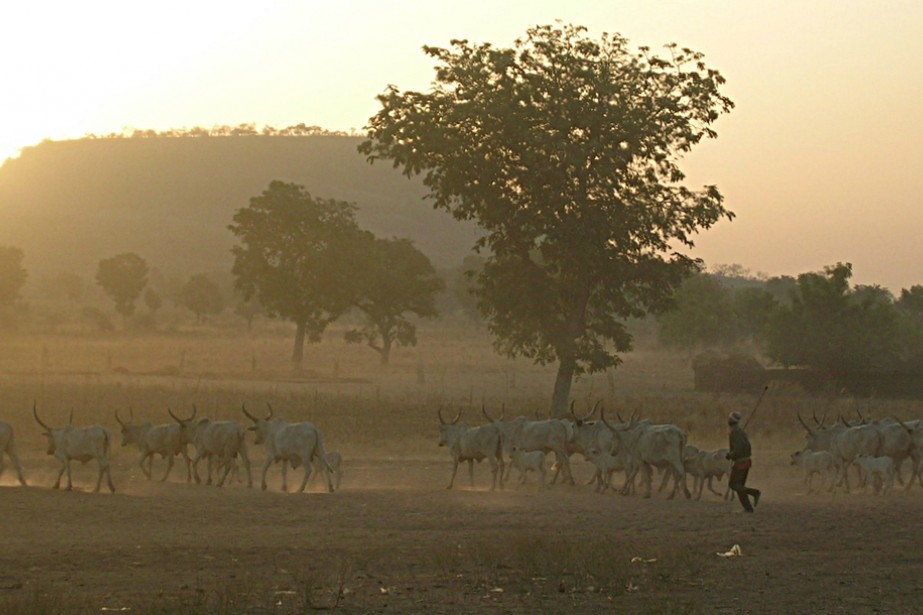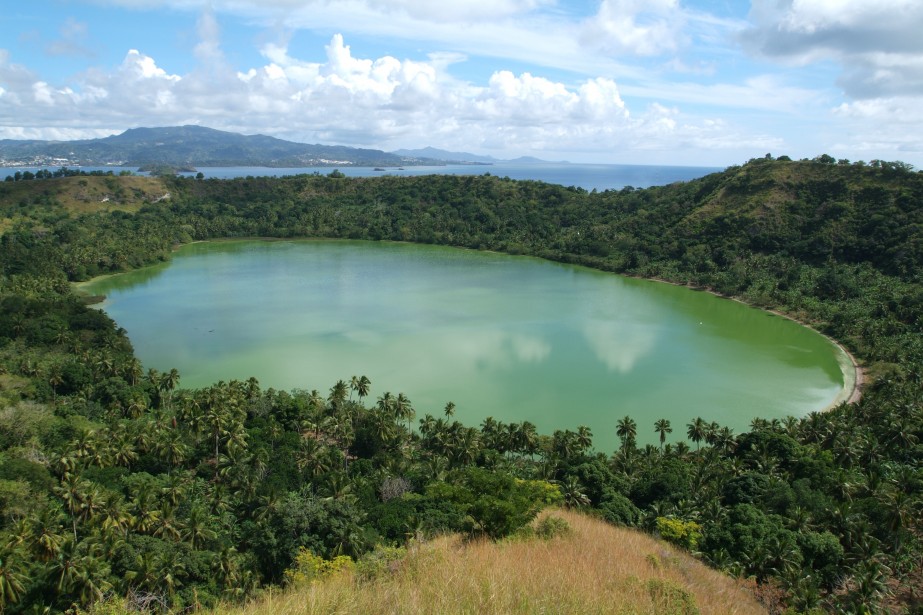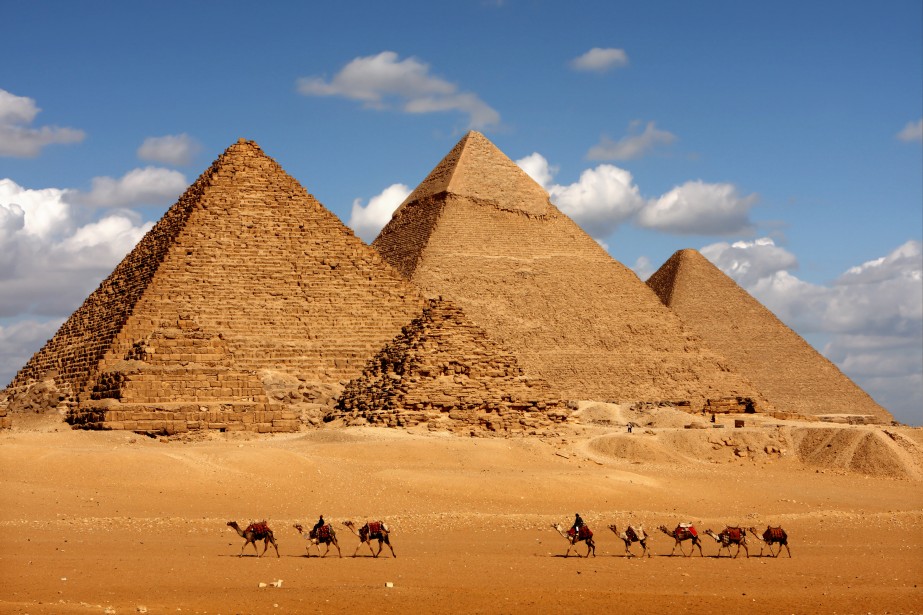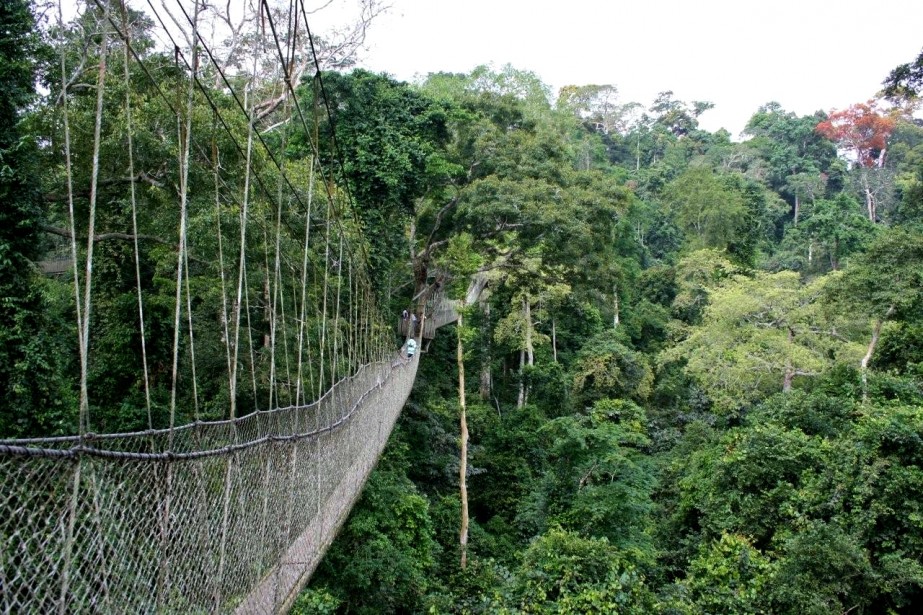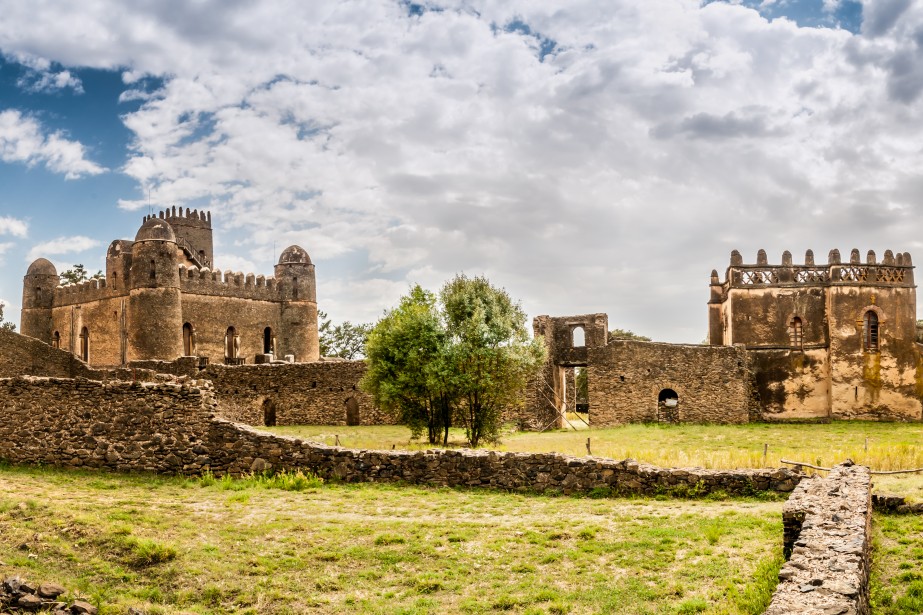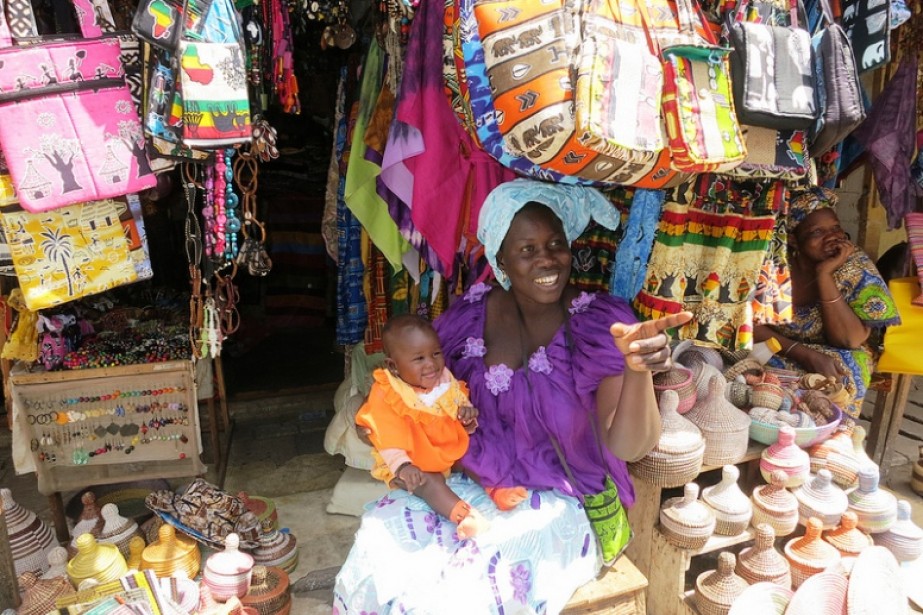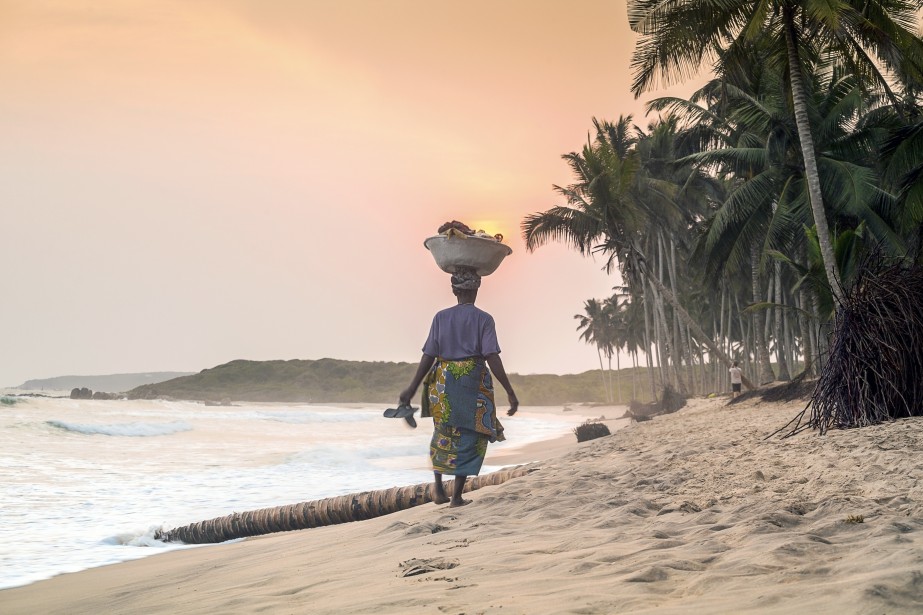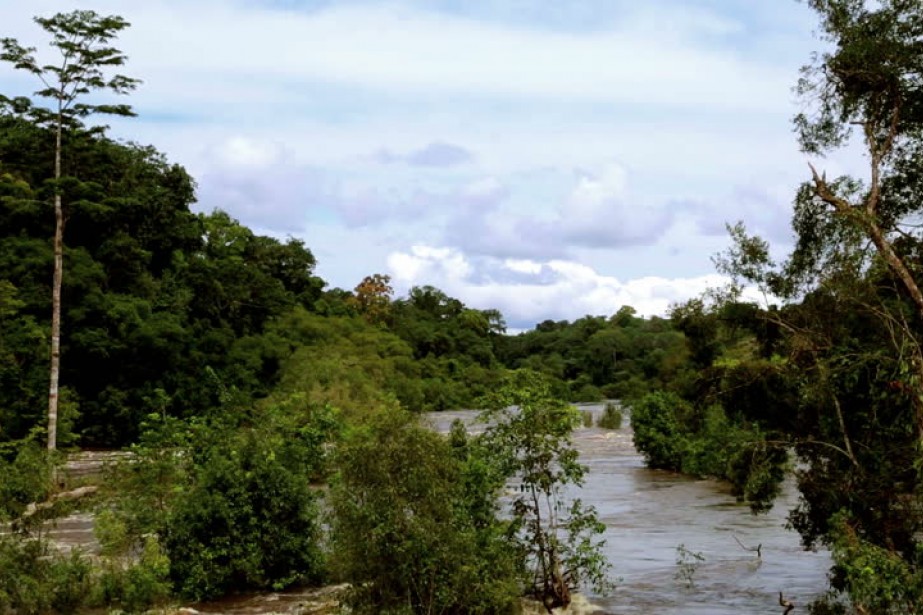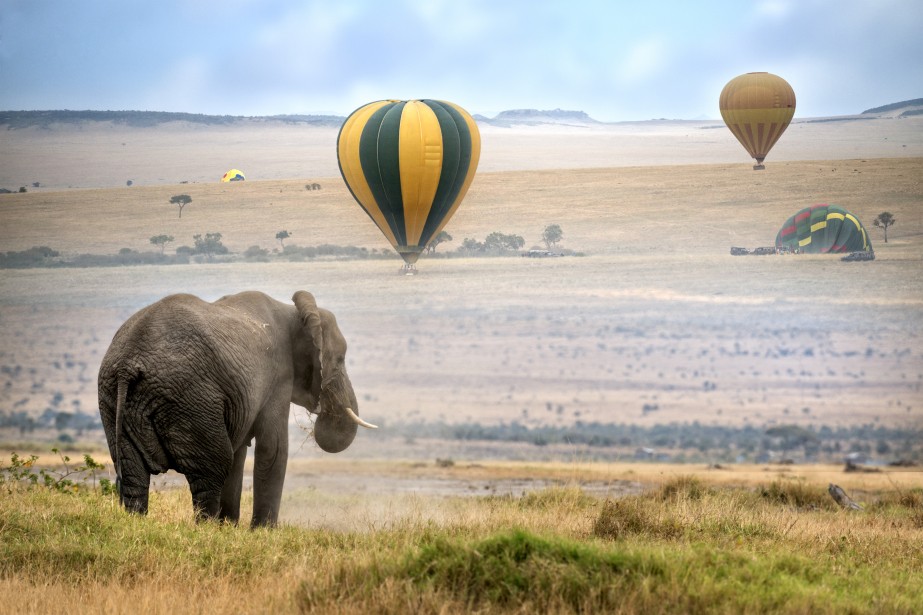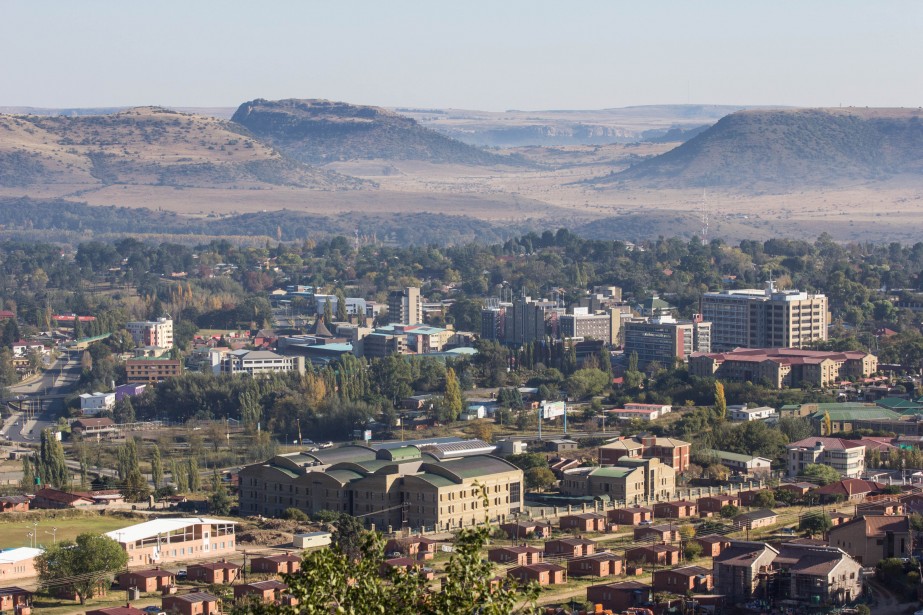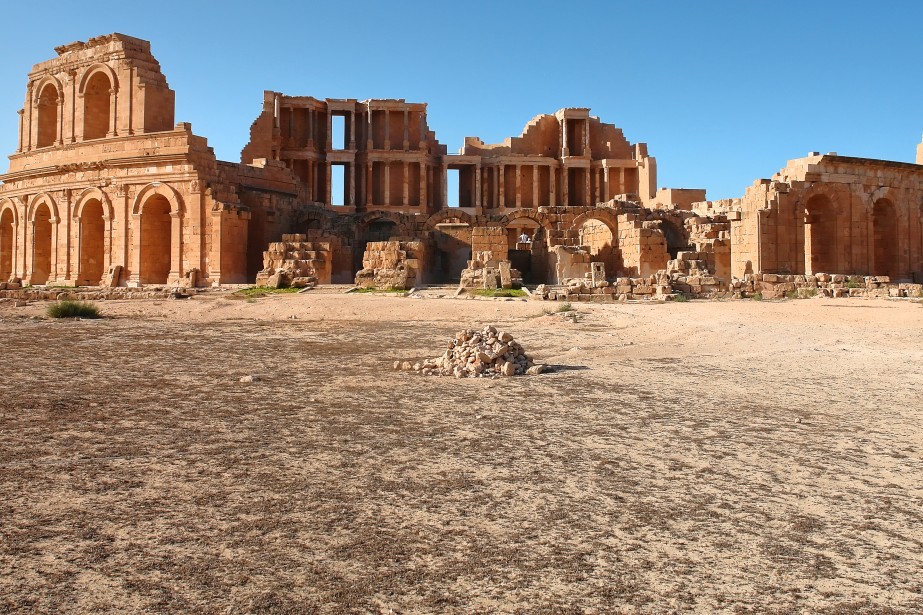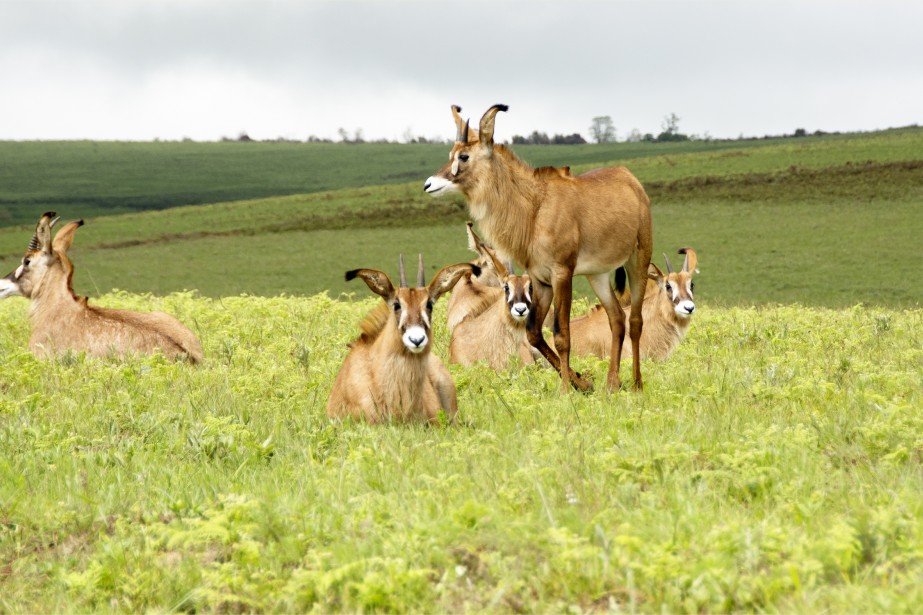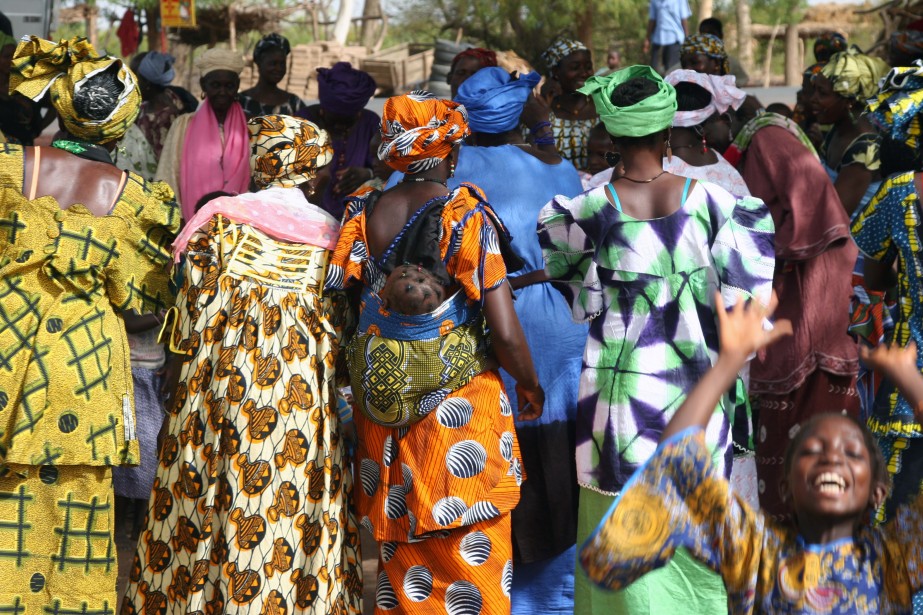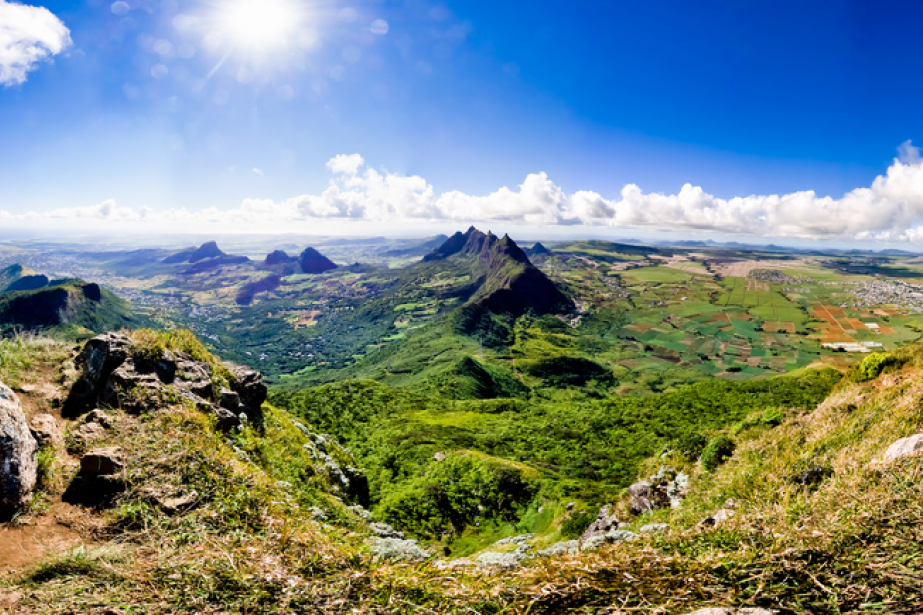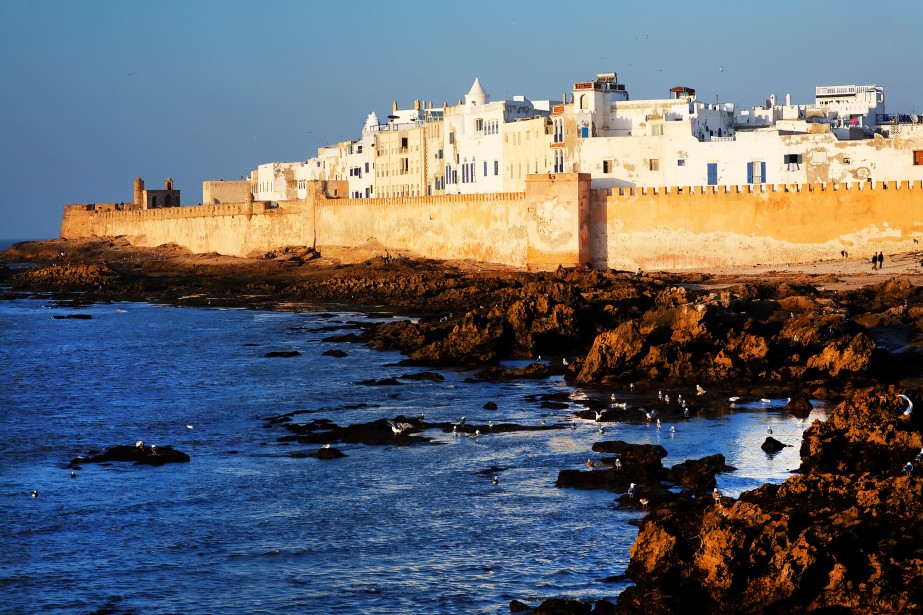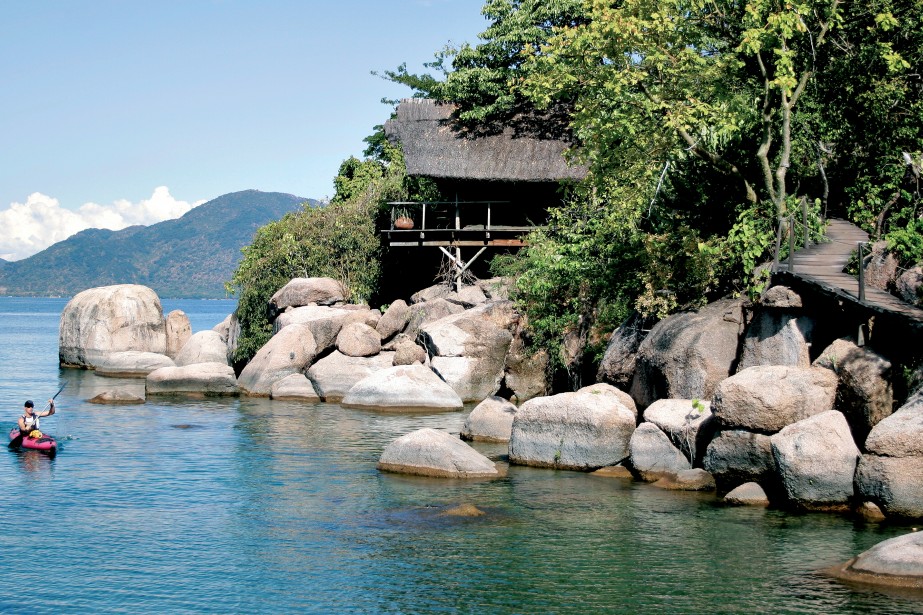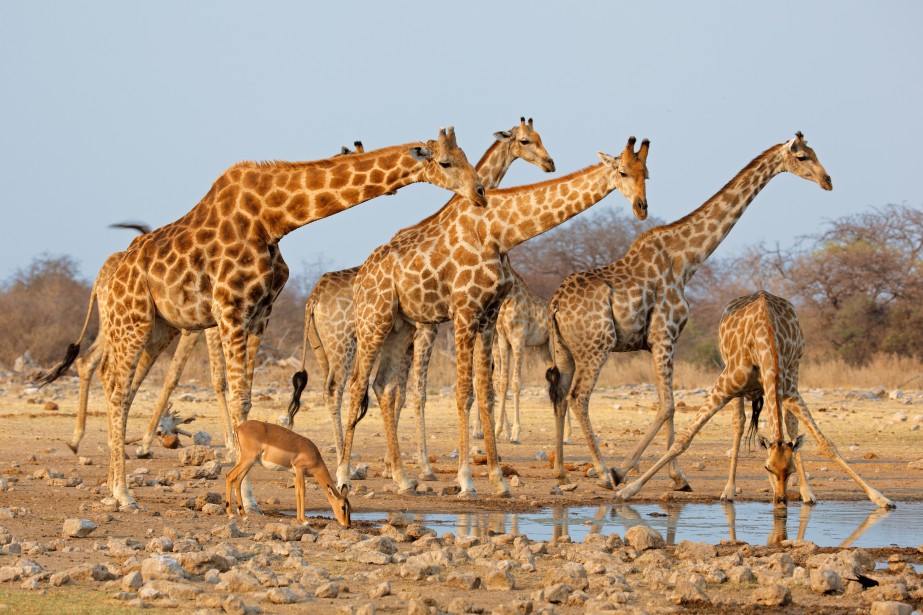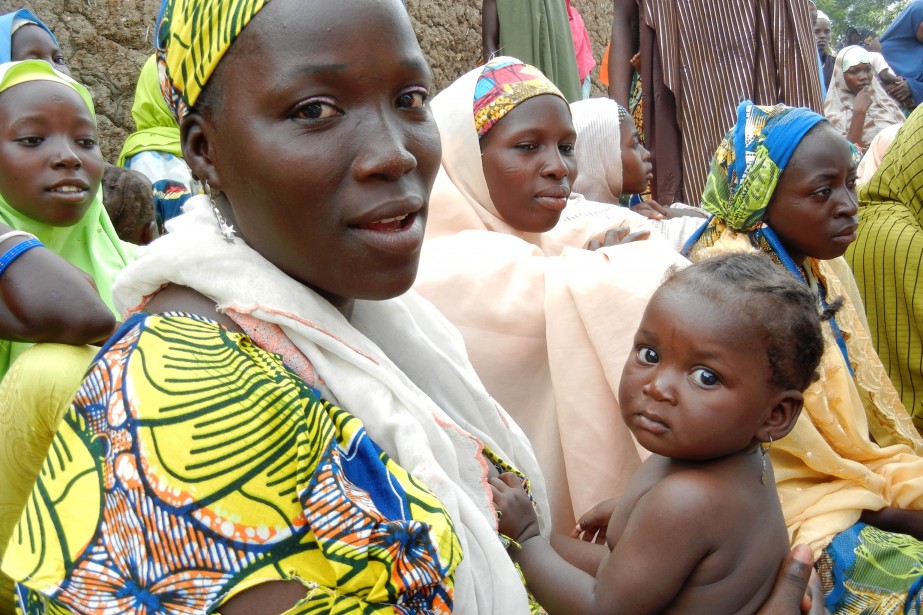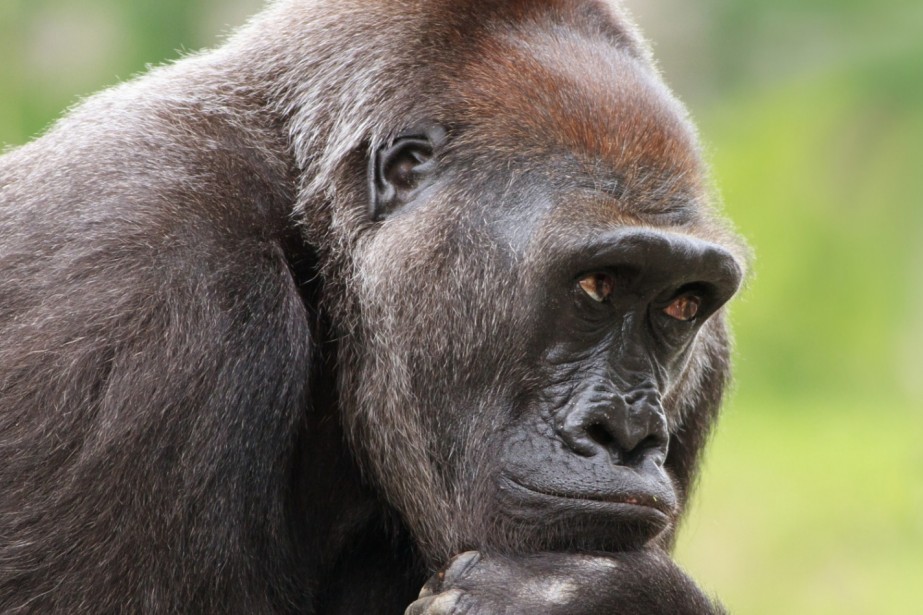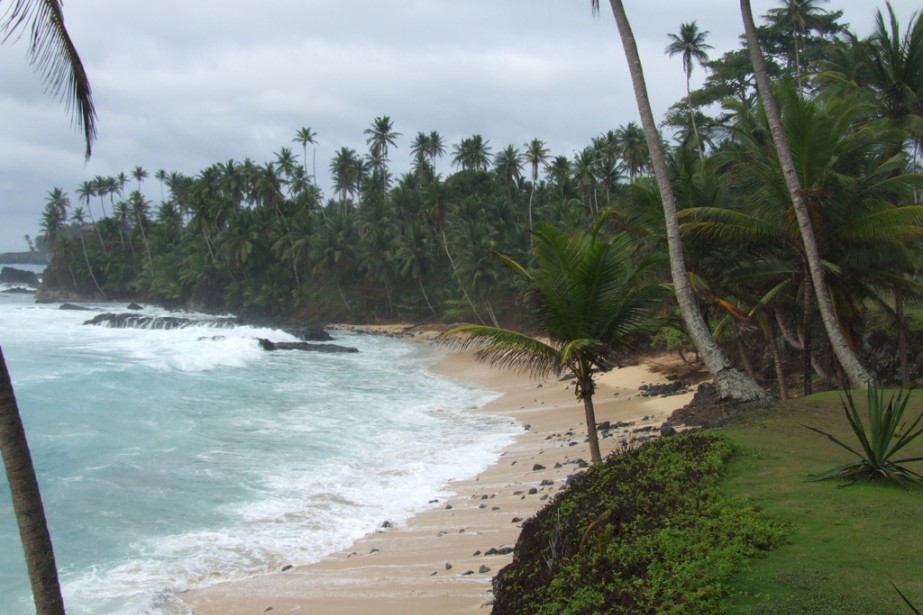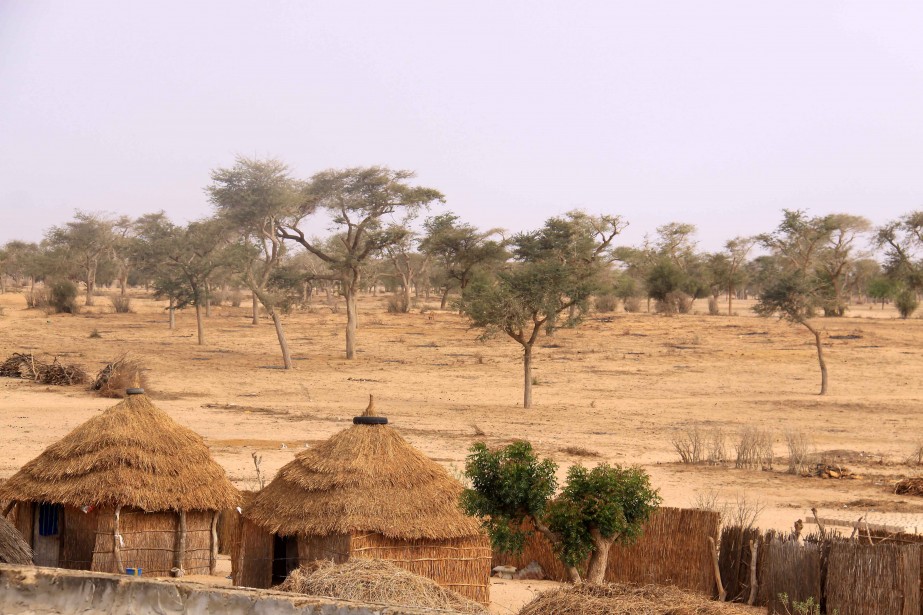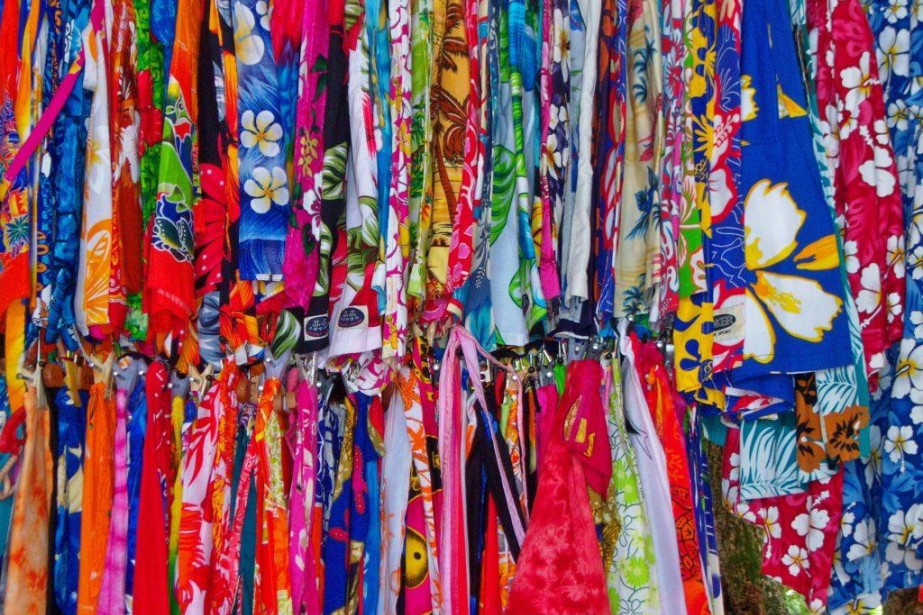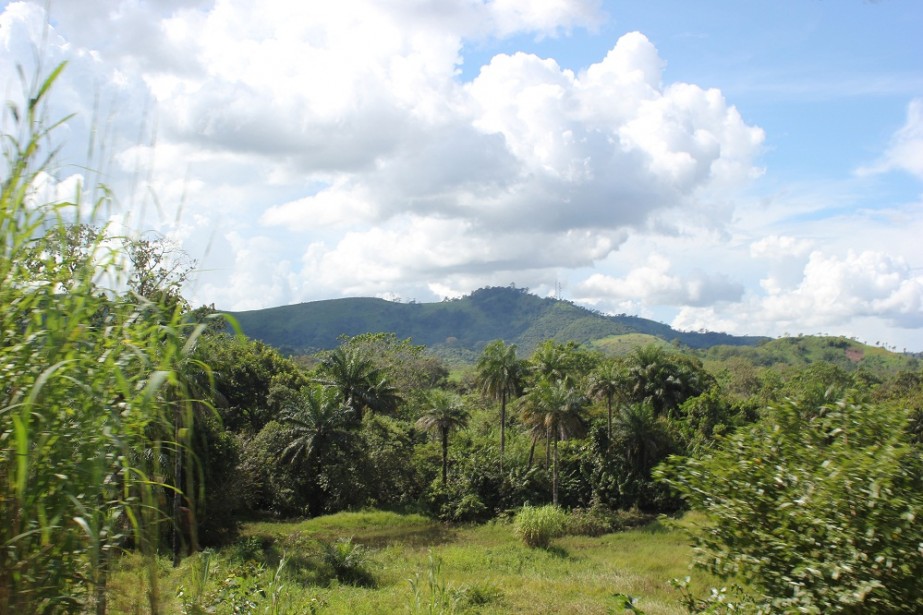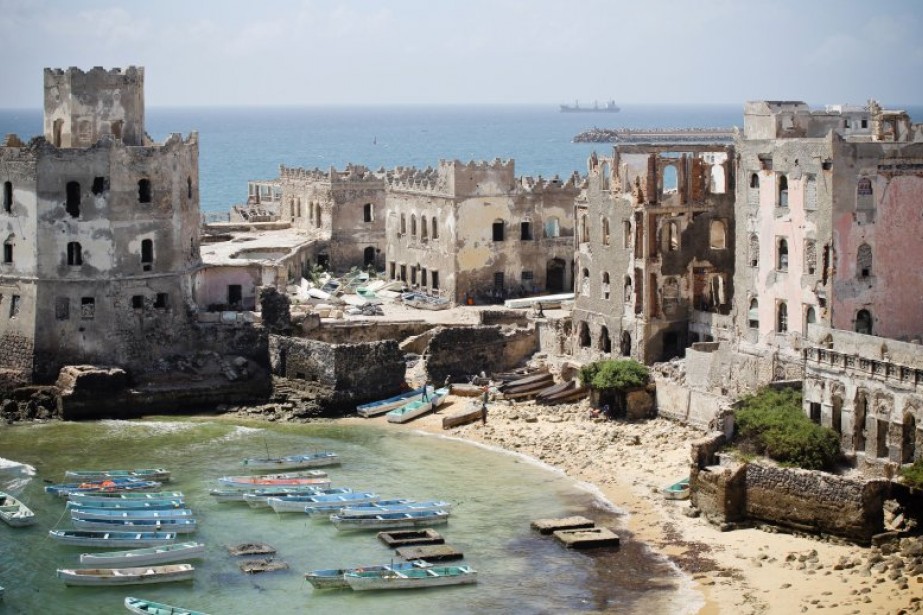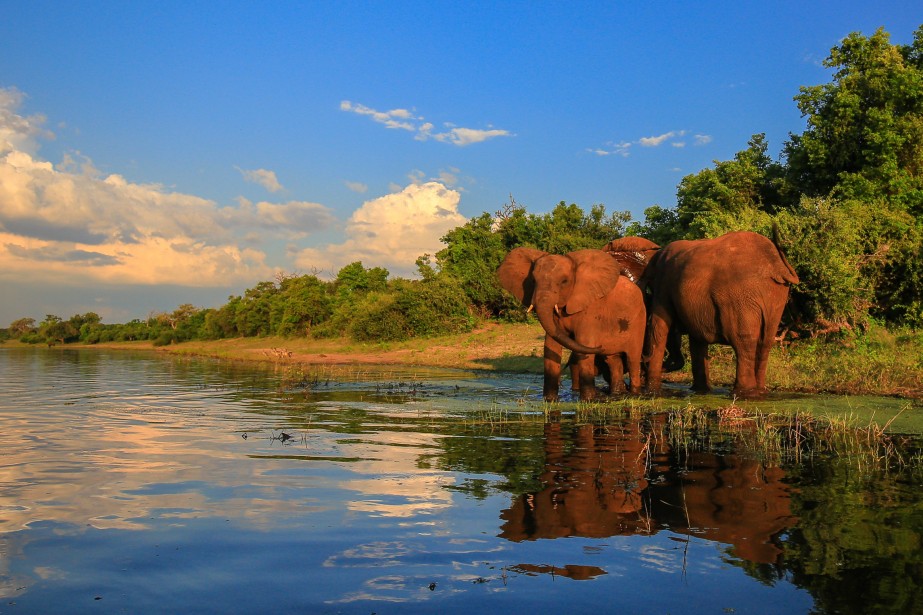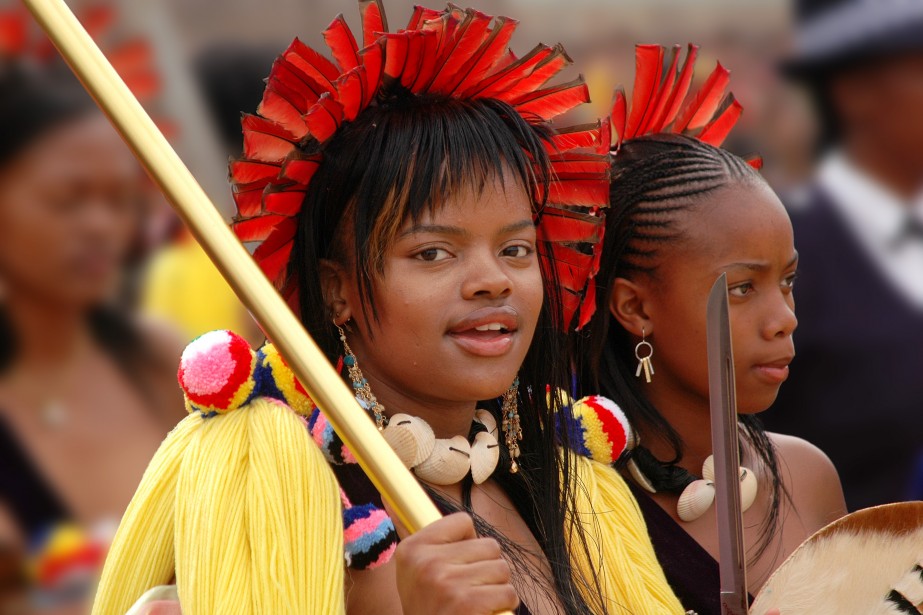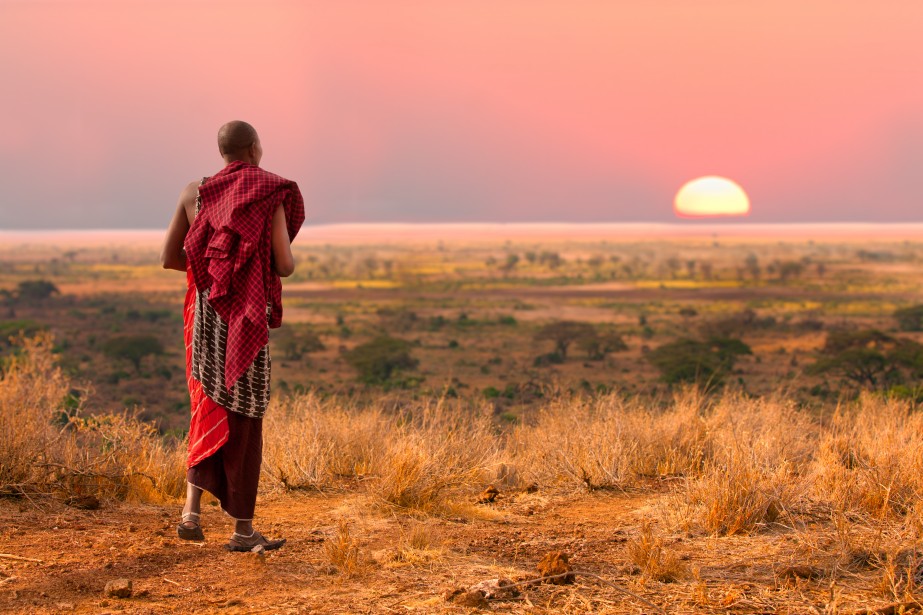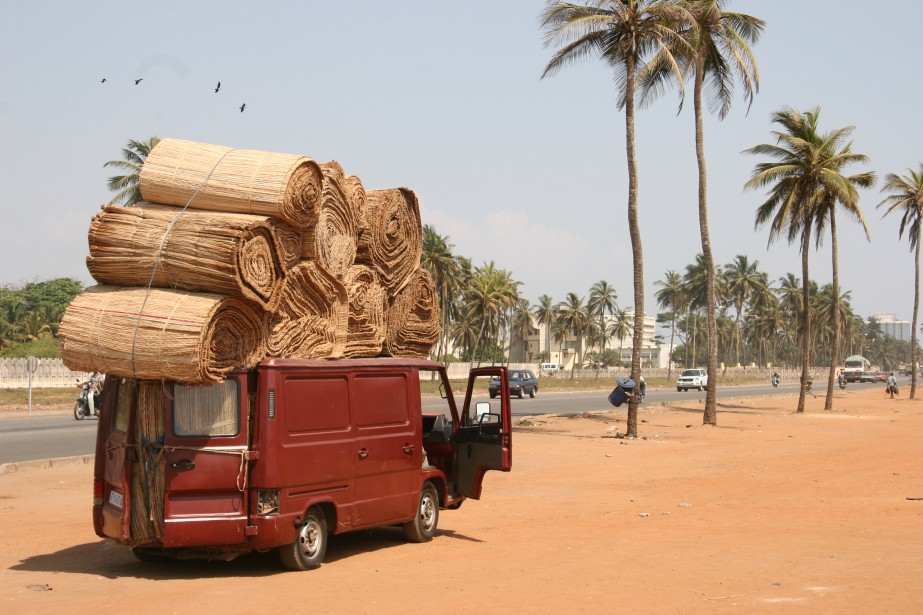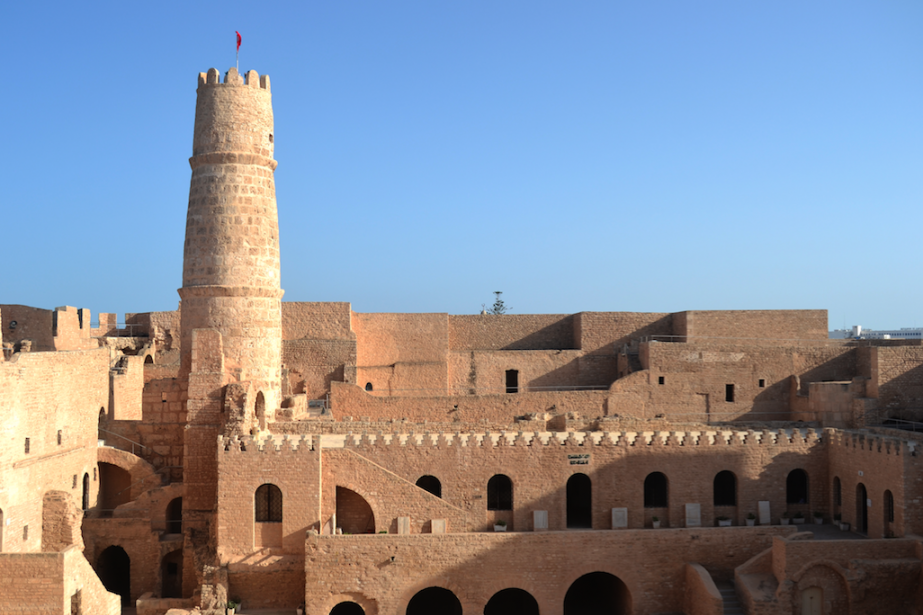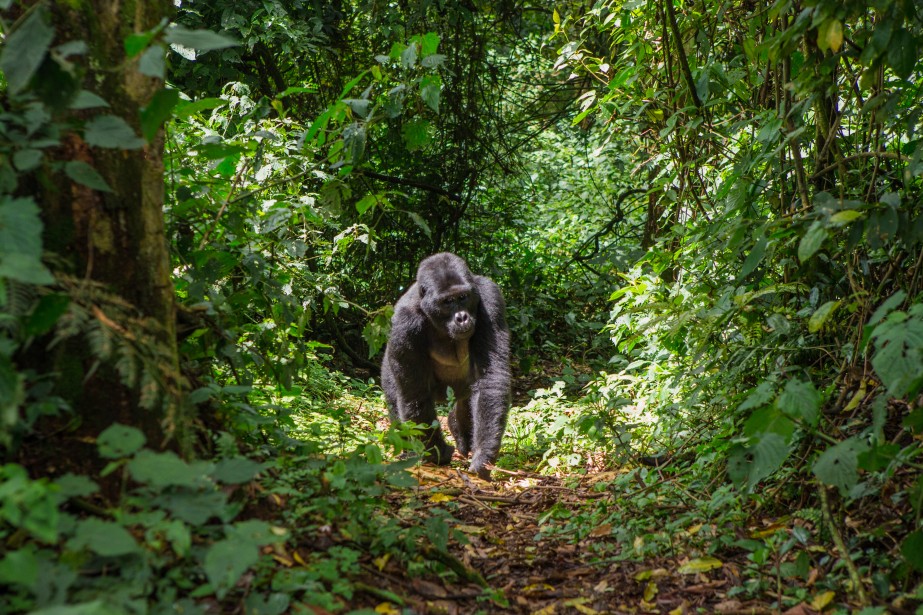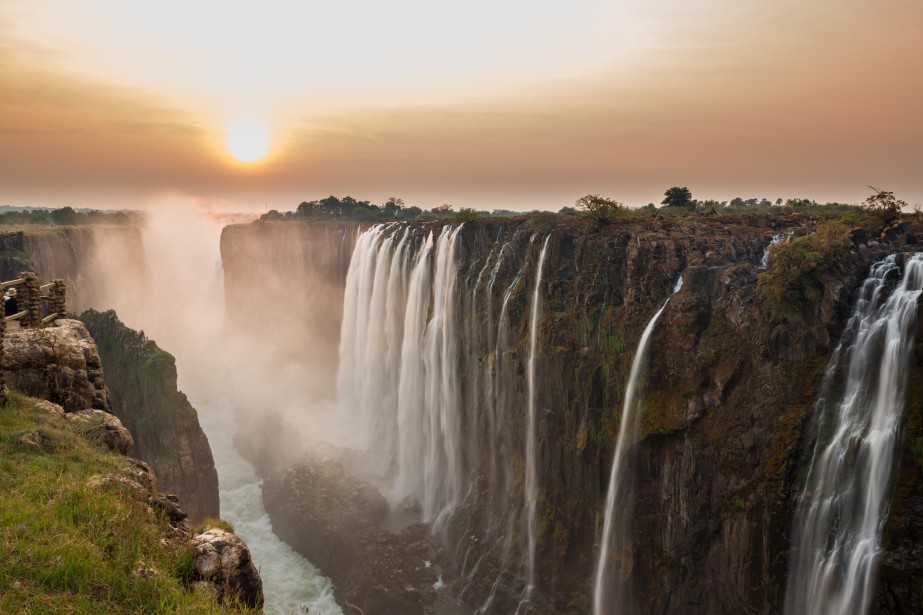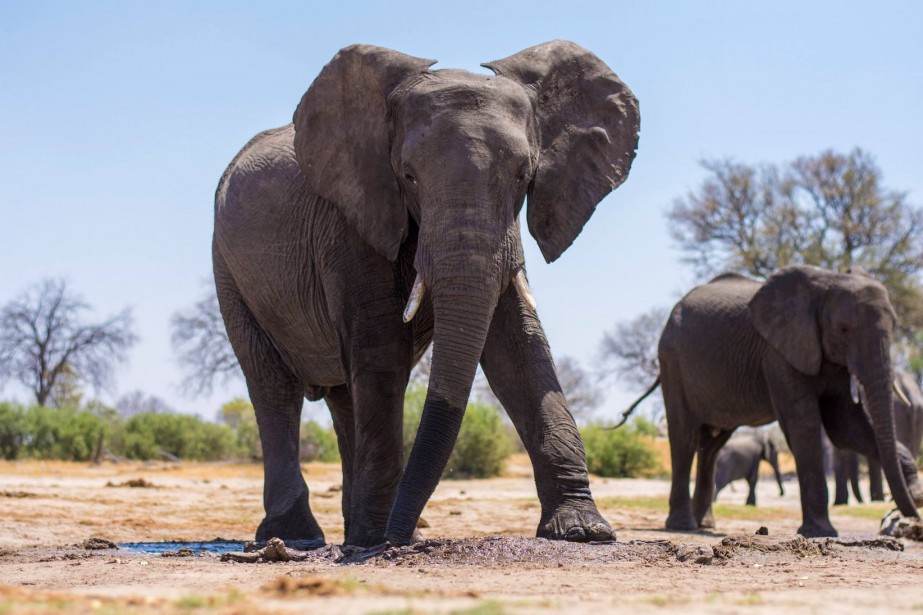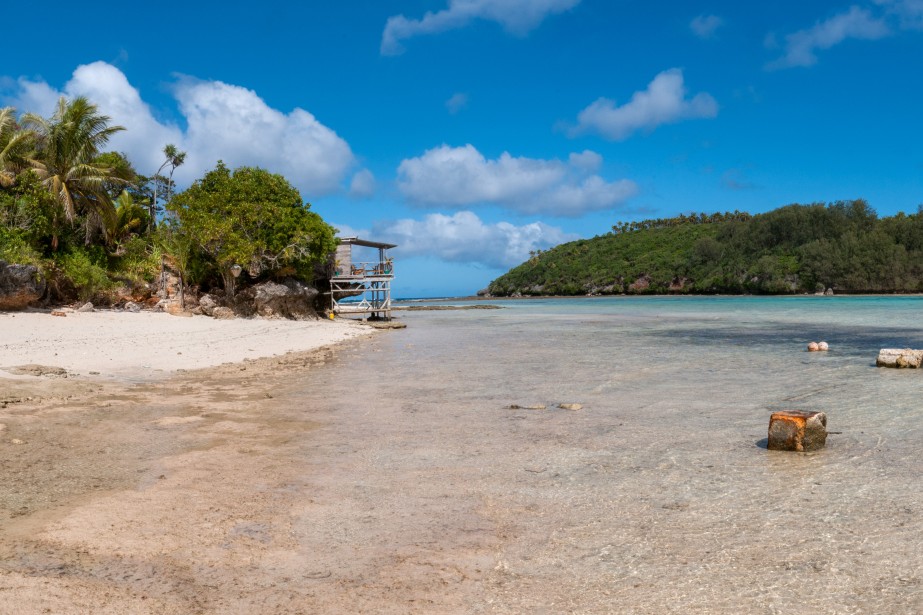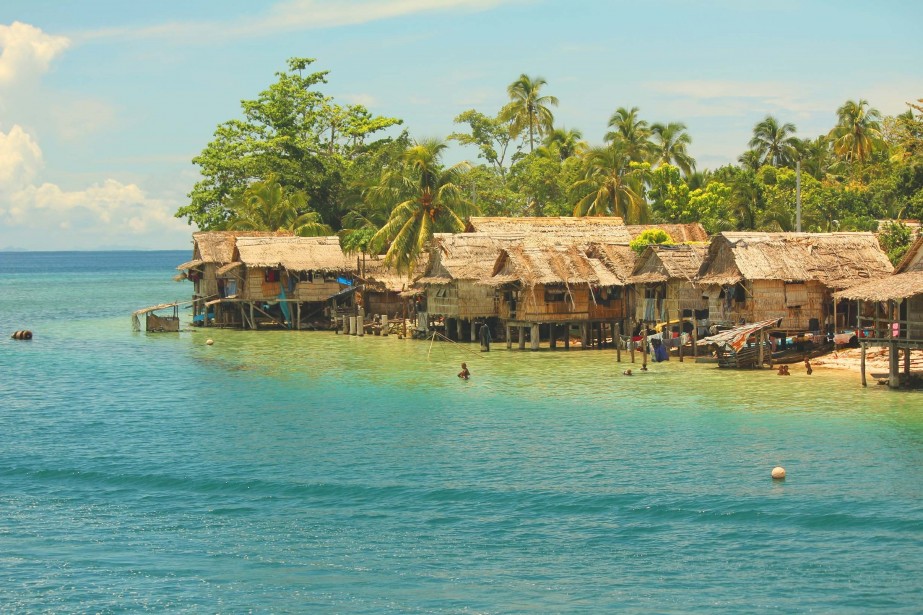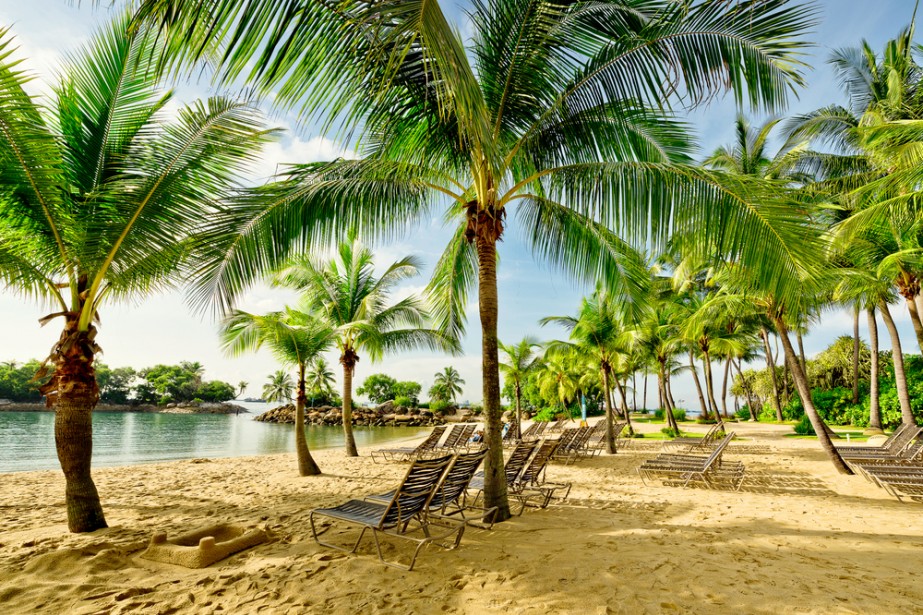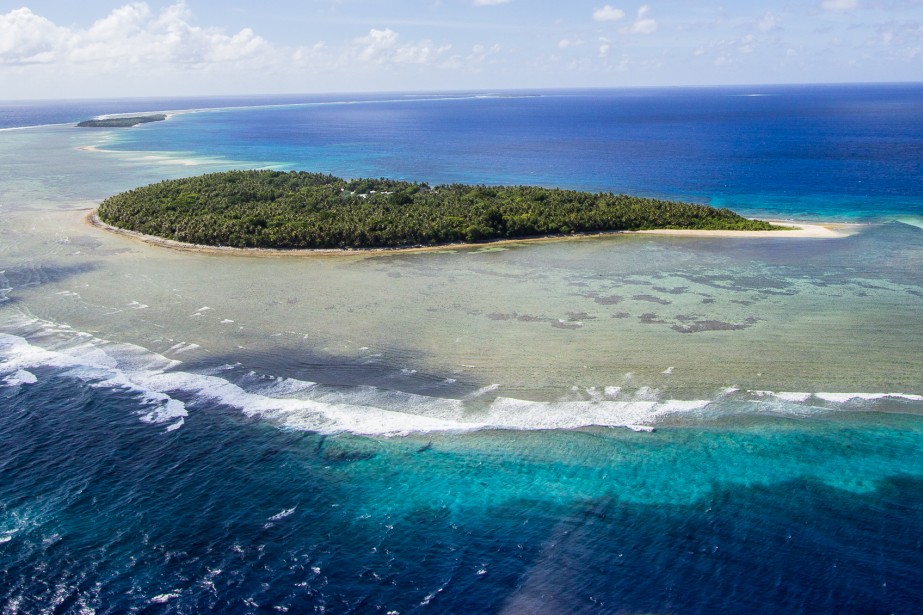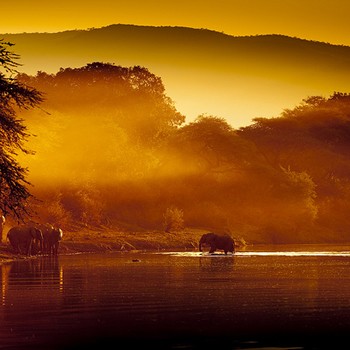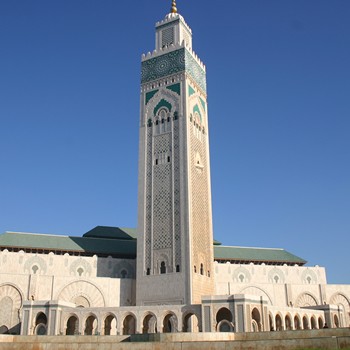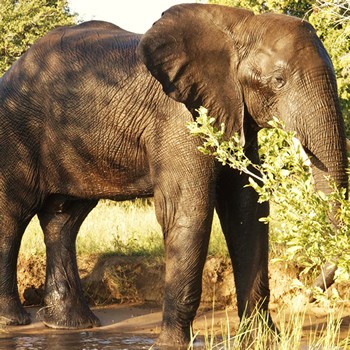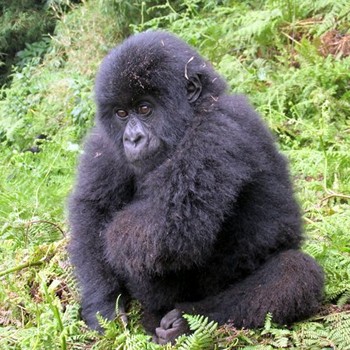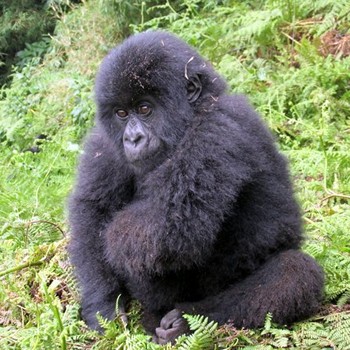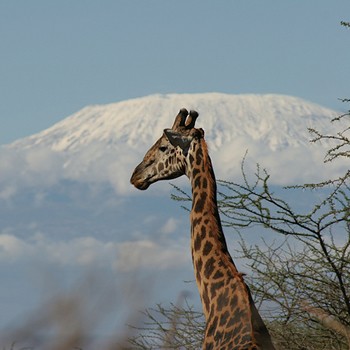Submitted by Pip Strickland on December 12, 2015
Overview
While the name Rwanda still resonates with the 1990’s genocide for many, the “Land of a Thousand Hills” is emerging as one of East Africa’s most evocative destinations, not only for its stunning landscapes and forests full of mountain gorillas, but also its friendly and resilient people, determined to transform their country and its reputation.
Many travelers just make a short excursion over the border from Uganda to visit the mountain gorillas of Volcanoes National Park, but this small landlocked country in East Africa offers so much more. Magnificent Lake Kivu sprawls down its western edge, dotted with small “beach” resorts ideal for water-based activities and connected by the legendary Nile-Congo Trail that stretches from Rubavu in the north to Rusizi in the south. Its forests are inhabited by an abundance of primates and rare bird life, best explored on adventurous jungle treks, while its national parks are slowly emerging as excellent big game wildlife viewing destinations, without the crowds found in other East African nations.
Add to this its fascinating history, including an horrific recent past, poignantly presented in excellent museums and memorials, and its easy to see why many travelers leave Rwanda captivated and eager to return.
When to travel/weather
Despite lying just south of the equator, Rwanda enjoys a relatively mild tropical climate due to its high altitude, but its mountainous landscape means that temperatures at one altitude can vary considerably from those of another. Generally speaking, Rwanda experiences its long ‘wet’ season from March to May when heavy and persistent downpours are common, followed by a long ‘dry’ season from June through to mid-September. This coincides with the peak tourist period when both North American and European visitors are on their long summer holidays. October/November sees another short ‘wet’ spell, which is followed by a ‘dry’ period from December through to February. This is an excellent time to visit with favorable weather and fewer crowds.
While you can go gorilla trekking year round, the two ‘dry’ seasons bring the easiest hiking conditions, combined with the lowest risk of malaria. For those chimpanzee spotting in Nyungwe, the ‘wet’ seasons are favored for their easier spotting opportunities with food plentiful for the primates within the nearby forests.
Food and drink
In the capital, Kigali, a large expat population has resulted in a wide range of international restaurants and cuisine on offer, and most tourist lodges and hotels also serve a mixture of European-influenced dishes. But to really get a taste of local Rwandan fare, you need to dine at the small street-side establishments found in almost every town and village, many of which serve a buffet-style lunch that allows you to sample a little taste of everything.
Many Rwandans survive on semi-subsistence farming, with a diet that is largely vegetarian. Traditionally, the Tutsi were pastoralists with a higher meat and dairy component in their diets compared with the Hutu. Starchy crops like maize, cassava, plantain and potato are served in large portions as the basis of all meals, often accompanied by kidney beans and a mixture of vegetable dishes. Isombe is a popular side dish, made from mashed cassava leaves, while ibihaza is a pumpkin and bean mix ideal for vegetarians. The porridge-like staple of ugali, made from maize and water, is a popular staple at lunch-time buffets, as is matoke - a side dish of baked or steamed plantains.
Meat is eaten in small quantities by locals due to its expense, but skewered brochettes of goat and chicken are often served at local buffets but with an additional charge. Another source of protein is the white tilapia fish - farmed on Lake Kivu and served at local restaurants along its shoreline.
Beer lovers should try the local beer, Primus, whose brewery is found in Gisenyi, the local banana brew known as urwangwa, or the fermented honey drink known as ubuki.
Popular vacation spots
Kigali
Kigali is one of East Africa’s most pleasant capital cities, with its rolling hills and tree-lined boulevards a surprise to many visitors. While most of its hotels are situated within clean and calm streets, for those missing the buzz of local life, head to Nyamirambo, packed with colorful shops and a vibrant market atmosphere. Perhaps Kigali’s most popular tourist site is the Kigali Genocide Memorial Centre, which pays tribute to the victims of the 1994 genocide and the devastation Rwanda suffered. You can wander its mass graves and excellent exhibitions, designed not only to inform visitors, but also help family members of loved ones come to terms with this horrific event.
Volcanoes National Park
Few visitors to Rwanda miss the opportunity to go gorilla trekking in Volcanoes National Park and while permit costs are incredibly high, visiting a family of these gentle creatures is a truly special experience. But Volcanoes National Park is not only home to gorillas, but also the endangered golden monkey which can be spotted on guided jungle treks. The grave of Dian Fossey, an American zoologist who dedicated her life to studying Rwanda’s endangered primates and was murdered here, has also become a pilgrimage site for trekkers wishing to pay their respects.
Gisenyi
Despite being a landlocked country, Rwanda still has its own beach resort - Gisenyi - situated on the shores of Lake Kivu. Here you can relax on its calm stretches of sand, take a boat tour to explore the lake’s islands, or venture for a soak in the nearby hot springs.
Nyungwe Forest
One of Africa’s largest remaining tracts of high-altitude rainforest, Nyungwe is home to large numbers of chimpanzee and colobus monkeys, perched high in its canopy. Jungle treks with expert guides allow you to get up close to these primates, or brave Nyungwe’s newly opened canopy walk that sways high above the forest floor and offers incredible views across the forest.
Akagera National Park
While Akagera National Park’s wildlife suffered considerably in the post-genocide years, its numbers have slowly increased as wildlife has been introduced from across East Africa. Lions, elephants, hippos, giraffes and leopards can all be spotted here on game drives, while around 500 different species of bird will keep twitchers occupied.
Butare
Butare is a great destination for those interested in East African history. Its National Museum has one of the region’s most impressive ethnographic collections, beautifully exhibited and offering a fascinating insight into Rwanda’s development.
Kibuye
If the buzz of Gisenyi is all too much, then head south along the edge of Lake Kivu to the small town of Kibuye, whose steep slopes, swathed in agricultural fields, descend into the azure waters below. From swimming to kayaking and walking through its picturesque surrounds, Kibuye is a charismatic town to wile away a few days.
Practical information
Language
English and Kinyarwanda are both official languages in Rwanda, and throughout most of the cities and tourist towns you will find locals that speak both. Kinyarwanda is not unique to Rwanda, but spoken in Uganda’s southern regions and along the east of the Democratic Republic of Congo. Due to the migration of many Rwandans to other parts of East Africa during the genocide, Kiswahili is now spoken by many and often used at trading markets, making it a useful language to learn for those traveling across the region.
Money
The currency in Rwanda is the Rwandan franc (FRW) and there are money exchange bureaus available within Kigali where you can easily exchange both Euros, Pounds and US Dollars. Visa is the preferred ATM card throughout Rwanda, although some banks will provide over-the-counter withdrawals for MasterCard (for a fee). Throughout the capital, credit cards can be used for payment at most hotels and restaurants, although once you get out into the rural areas, you will need to carry Rwandan francs.
Tipping is not common amongst locals in Rwanda, but guides, porters and staff at the bigger hotels normally expect a small tip for their services from foreign tourists.
Health and Safety
Despite its turbulent recent past, Rwanda is incredibly safe today and even walking around the capital, Kigali, few foreign visitors encounter any problems. But like any big city, petty crime can be a problem and tourists are advised to avoid walking around alone at night or having expensive camera equipment or wallets on show.
Proof of Yellow Fever vaccination is required for entry into Rwanda and malaria can be a problem in some areas. There are also occasional outbreaks of meningitis and all visitors should be aware of the high incidence of HIV/AIDS among adults within the country.
Tap water is not always treated, so it is advisable to either bring purification tablets or be prepared to buy bottled water.
All tourists to Rwanda should be aware that plastic bags are strictly prohibited within the country and luggage is searched at the borders. All plastic bags (including those used for packaging or storing items) will be confiscated.

